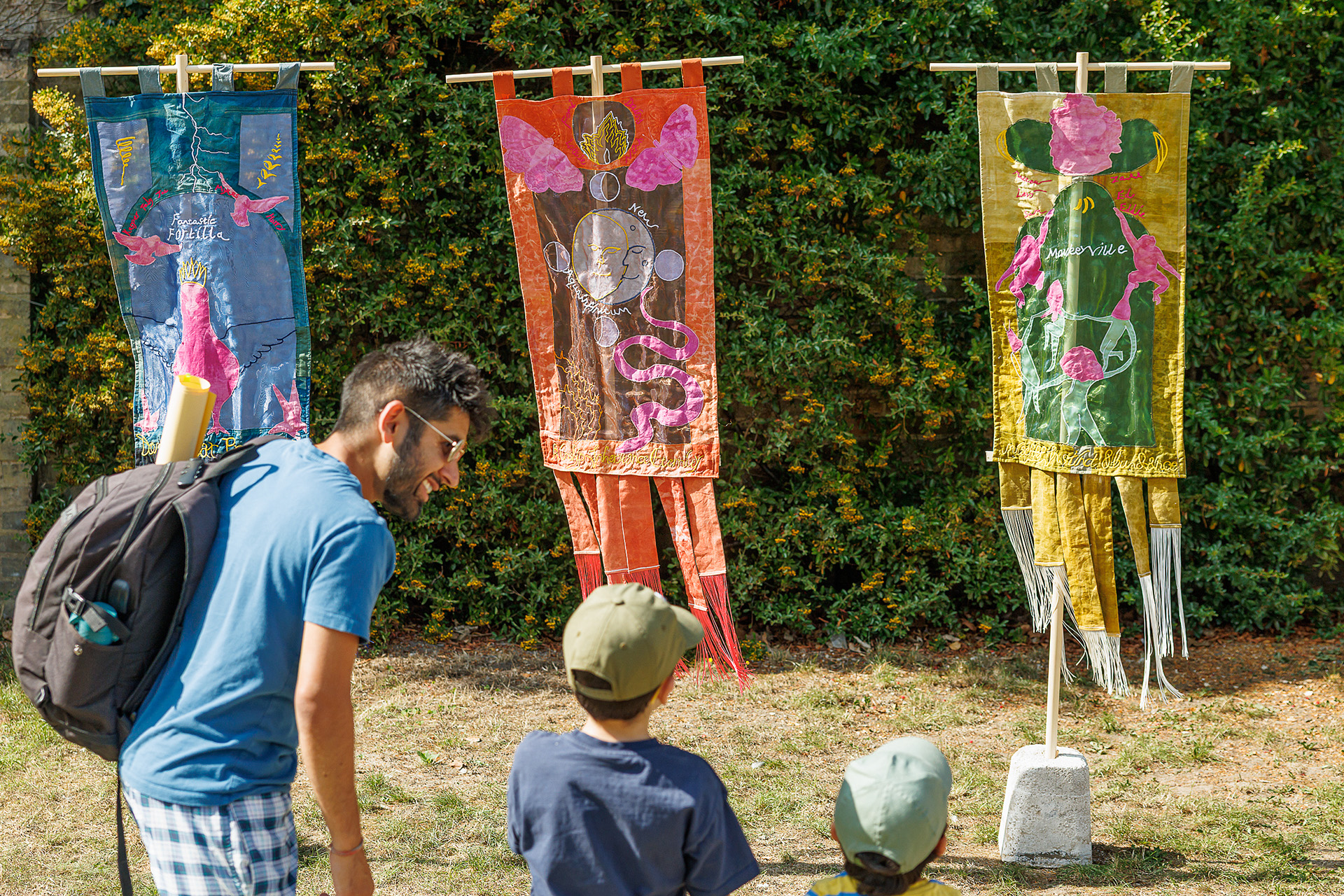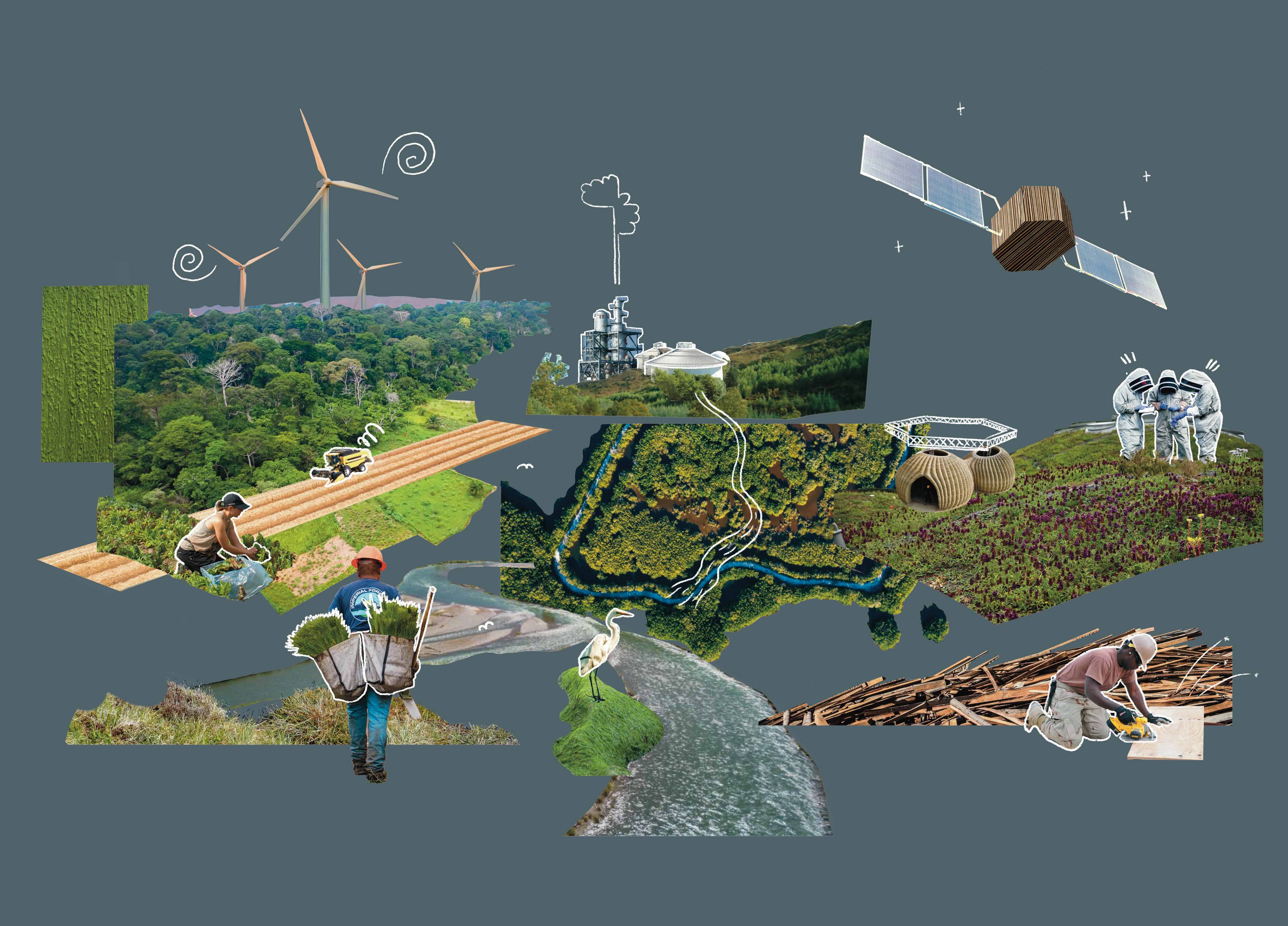The Challenge
How can society co-create a future of work that is adaptive, inclusive, and responsive to shifting realities?
The future of work in the Netherlands is marked by growing uncertainty. Structural changes in labor markets—such as the rise of flexible workers, evolving labor relations, and emerging technologies—are challenging traditional policy frameworks. Trust in the government has also been shaken by major crises like the Groningen gas extraction and the childcare benefits scandal, prompting a need for more practical, citizen-centered policymaking.
At the same time, policies aimed at addressing these challenges risk oversimplification. Regulations targeting disguised employment, for example, aim to protect freelancers but may unintentionally harm those who benefit from flexible arrangements. Similarly, mandatory disability insurance could offer protection but fails to consider the grassroots safety nets that freelancers have already established.
Policymakers face an urgent question: how can they design policies that meet the needs of a rapidly evolving workforce while ensuring fairness, representation, and security for all? To answer this, they must engage directly with the lived experiences of citizens—shifting from top-down solutions to collaborative, forward-thinking dialogue.



















